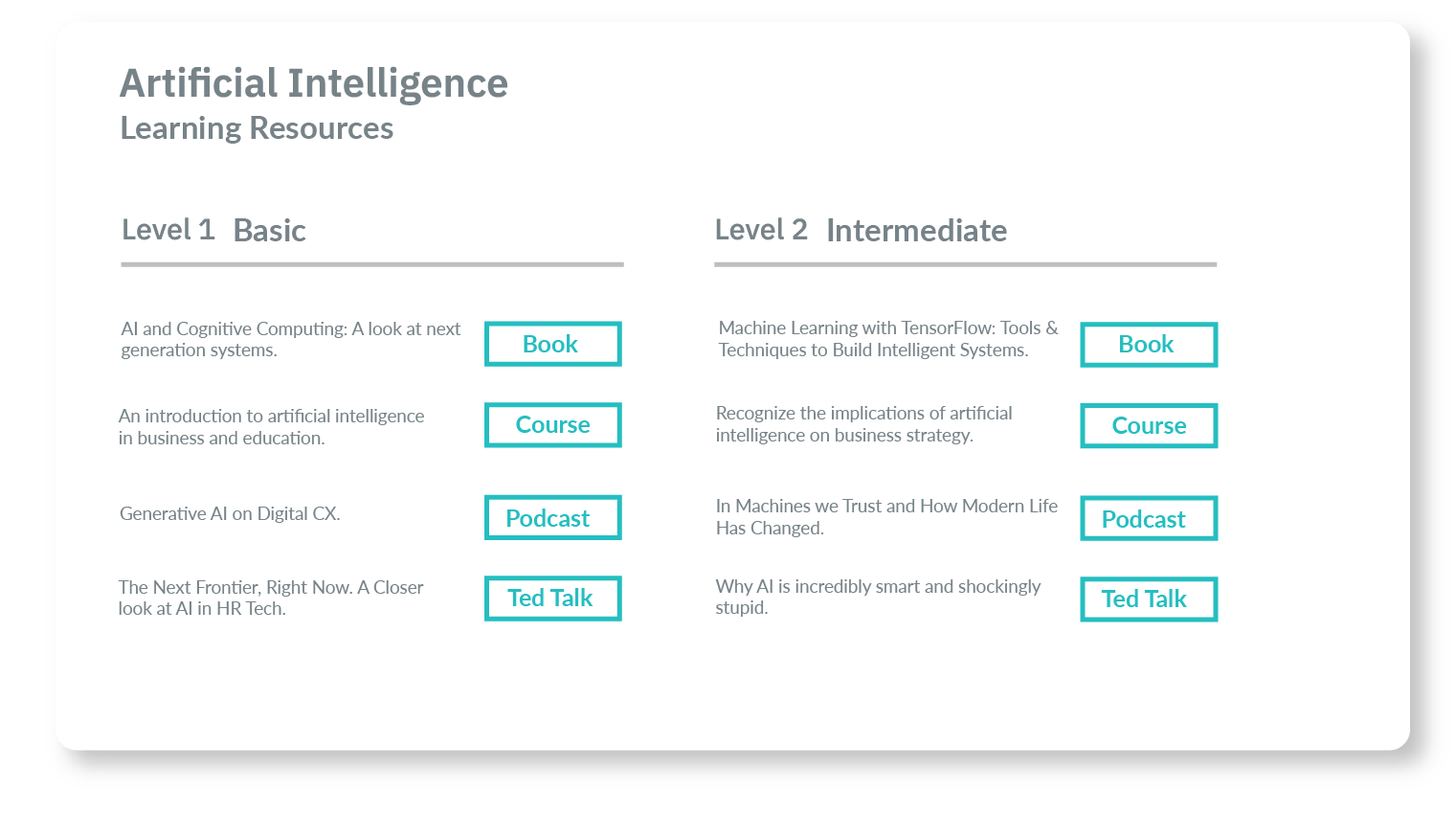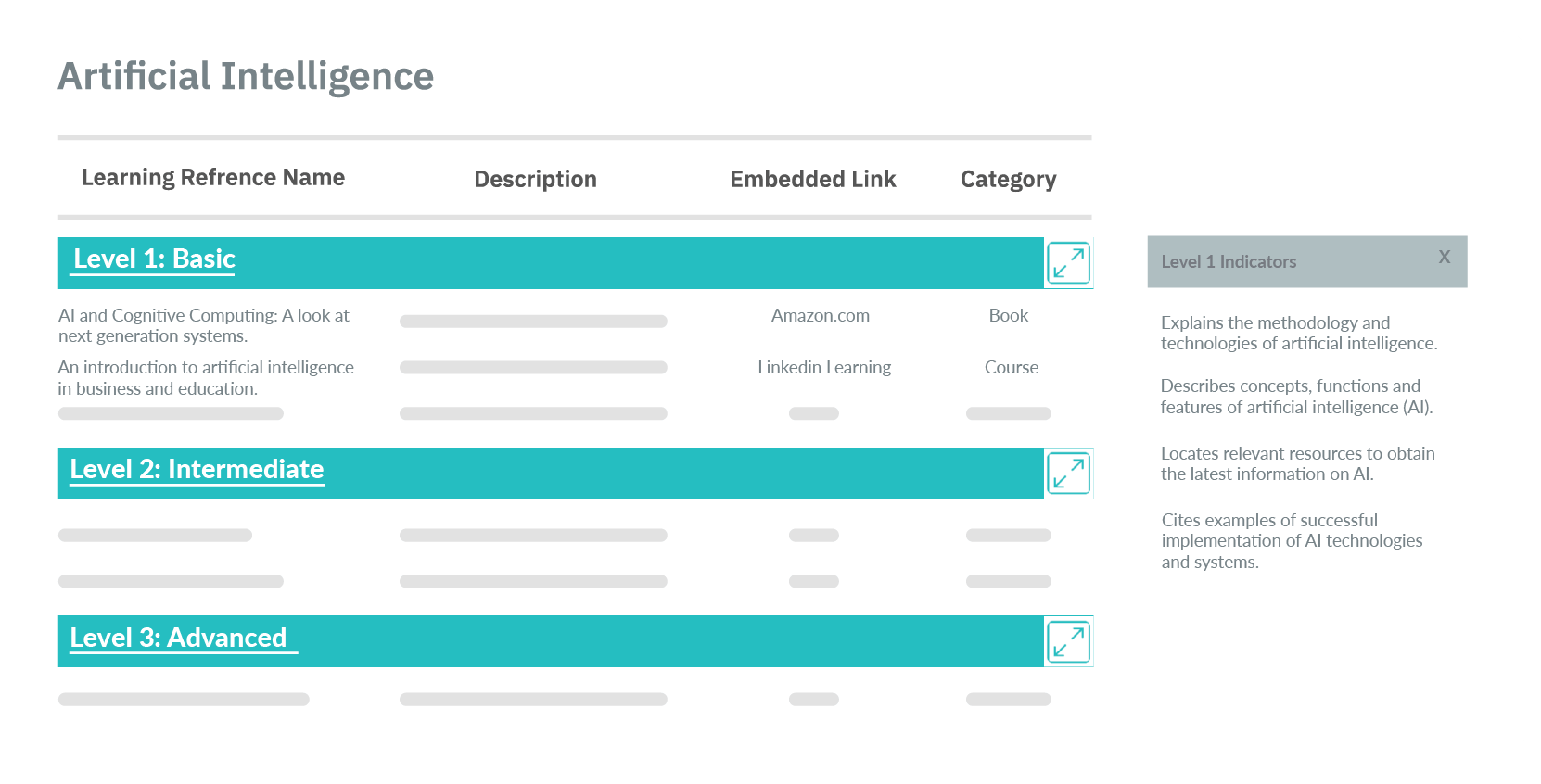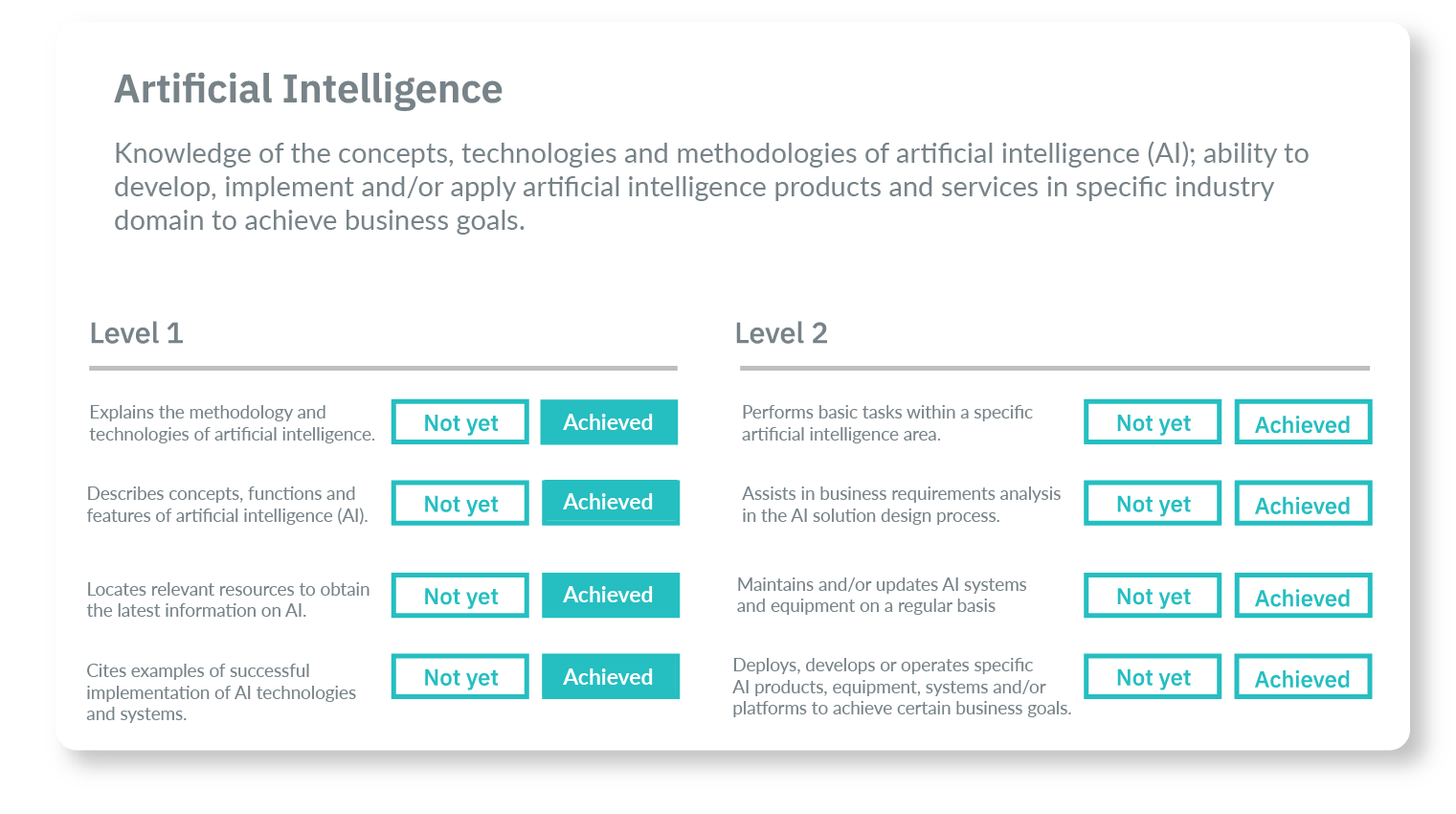
The need for a skilled and proficient workforce is paramount. Businesses prioritizing employee development are better equipped to adapt to changes, boost productivity, and maintain a competitive edge. One of the most effective strategies for achieving this is through skill-based learning.
Skill-based learning focuses on enhancing specific competencies, whether technical or soft skills, to improve employee proficiency levels. It’s a dynamic approach that provides numerous benefits to both individuals and organizations. Let’s explore the significance of skill-based learning and how it can be harnessed to unlock employee potential.
The Benefits of Skill-Based Learning
- Adaptation to Industry Changes: Industries are constantly evolving due to technological advancements and market shifts. Skill-based learning ensures that employees remain relevant by keeping their skills up-to-date.
- Enhanced Productivity: Employees with the necessary skills to excel in their roles are more productive. Skill-based learning helps them perform their tasks efficiently, reducing errors and time wastage.
- Employee Engagement: Providing opportunities for skill development demonstrates a company’s commitment to its employees’ growth. Engaged employees tend to be more loyal and motivated, improving retention rates.
- Cost-Efficiency: Investing in skill-based learning can be more cost-effective than hiring new talent. It allows companies to nurture the skills of their current workforce, reducing turnover and recruitment expenses.
Implementing Skill-Based Learning
Now that we’ve seen the advantages of skill-based learning, here are some steps to effectively implement it within your organization:
Create a skill-learning taxonomy: Connect specific skills with the most relevant and practical learning resources to streamline the skill development process for employees. Most companies have 3-6 internal learning systems for various audiences or purposes. Having multiple systems for learning can be confusing for most people. Create a single source of truth for skills, learning, and jobs. The ability to map learning rapidly and automatically to skills and skills to jobs is essential to minimize HR and LD time.

Assess Current Skills: Evaluate the existing skills of your employees. This will help the organization identify the areas that need improvement and create a personalized plan for individual employees and/or cohorts.
Set Clear Goals: Define specific learning objectives for each employee. These goals should be aligned with the company’s overall objectives and employee aspirations. Helping employees truly understand what artificial intelligence means to your organization and their roles focuses their development efforts and reduces learning time to become proficient. Instead of having employees guess at their level of proficiency and randomly select learning resources, give them a guide.

Provide Learning Resources: Offer various learning resources, such as workshops, online courses, mentoring, and on-the-job training. Tailor these resources to meet individual learning needs. By mapping learning to skills or individual proficiency levels, it increases the likelihood of achieving target learning plans with the right resources the first time. This is especially important in times of digital transformation.

Recognition and Rewards: Recognize and reward employees who demonstrate significant skill improvement. This incentivizes others to invest in their development.
Championing Skill-Based Learning
In the corporate world, skill-based learning is a powerful tool for enhancing employee proficiency levels. It not only equips employees with the skills they need to excel in their roles but also ensures the organization remains competitive and adaptable. By implementing skill-based learning effectively, your company can unlock the full potential of its workforce, ultimately leading to success and growth.
Investing in the skill development of your employees is an investment in the future of your organization. As you foster a culture of continuous learning, your workforce will be well-equipped to face the challenges and opportunities of the ever-changing business landscape.


